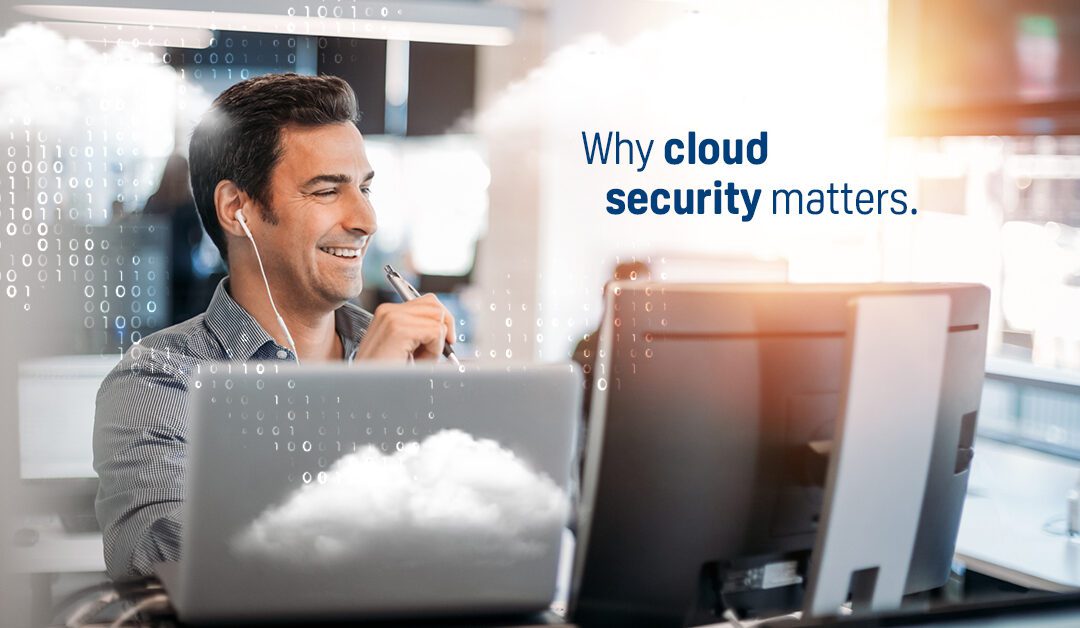Why Cloud Security Matters to Your Business
You moved to the cloud because it’s fast, easy to scale, and saves money. You’ve stayed because it helps your team work faster and access information from anywhere. But while the cloud has many benefits, it also comes with risks. One wrong click or a bad file can open the door to cybercriminals.
Let’s be clear: hackers don’t care how big or small your business is. They only want access. And if your cloud setup isn’t secure, they’ll take advantage of it.
Common Cloud Threats
Here are a few ways your cloud can be at risk:
-
Data breaches: Without strong protection, private customer or business data can be stolen or exposed.
-
Account takeovers: Weak passwords make it easy for hackers to break in and move through your systems.
-
Wrong settings: One simple mistake—like leaving a system open—can let attackers in.
-
Insider risks: Sometimes, the threat comes from inside. An employee may accidentally share data or download harmful software.
So, who’s in charge of keeping your data safe?
Cloud Security Isn’t Automatic
Just because your cloud provider handles the tech side doesn’t mean your data is protected. In the cloud, security is a shared job. They protect the tools and network—but protecting your data, apps, and who gets access? That’s up to you.
Cloud security means putting the right rules, checks, and tools in place to keep your business safe. And since many people now work remotely or access files from different places, this isn’t something you set up once and forget. It’s something you keep up with regularly.
The more you use the cloud, the more important your role becomes in keeping it safe.
How to Strengthen Your Cloud Security
There’s no one-size-fits-all fix, but here are key steps every business should take:
-
Encrypt your data: Lock your data so that even if someone gets it, they can’t read it.
-
Control access: Make sure employees only have access to what they need. Use strong passwords and two-factor login.
-
Do regular checks: Review your security setup often to find and fix weak spots before hackers do.
- Compliance checks: Stay aligned with data privacy regulations and industry standards. Skipping this isn’t just risky – it’s a legal and financial landmine.
- Incident response planning: Have a plan. If something goes wrong, you should know exactly what steps to take, who’s responsible for what and how to contain the damage quickly.
- Disaster recovery: Back up your critical data and store it in a separate location. That way, if the cloud goes down, your productivity doesn’t go down with it.
These aren’t just best practices; they are the bare minimum if you want to stay secure without sacrificing speed and innovation.
You Don’t Have to Do This Alone
Cloud security isn’t something you check off once. It’s an ongoing mindset. It means staying alert, being honest about your risks, and taking real action.
If you’re unsure where to start, we can help. Let’s review your setup, find any gaps, and build a plan that works for your business. You don’t need to be paranoid – you just need to be prepared.
Let’s talk. We’ll help you take control of your cloud security.
